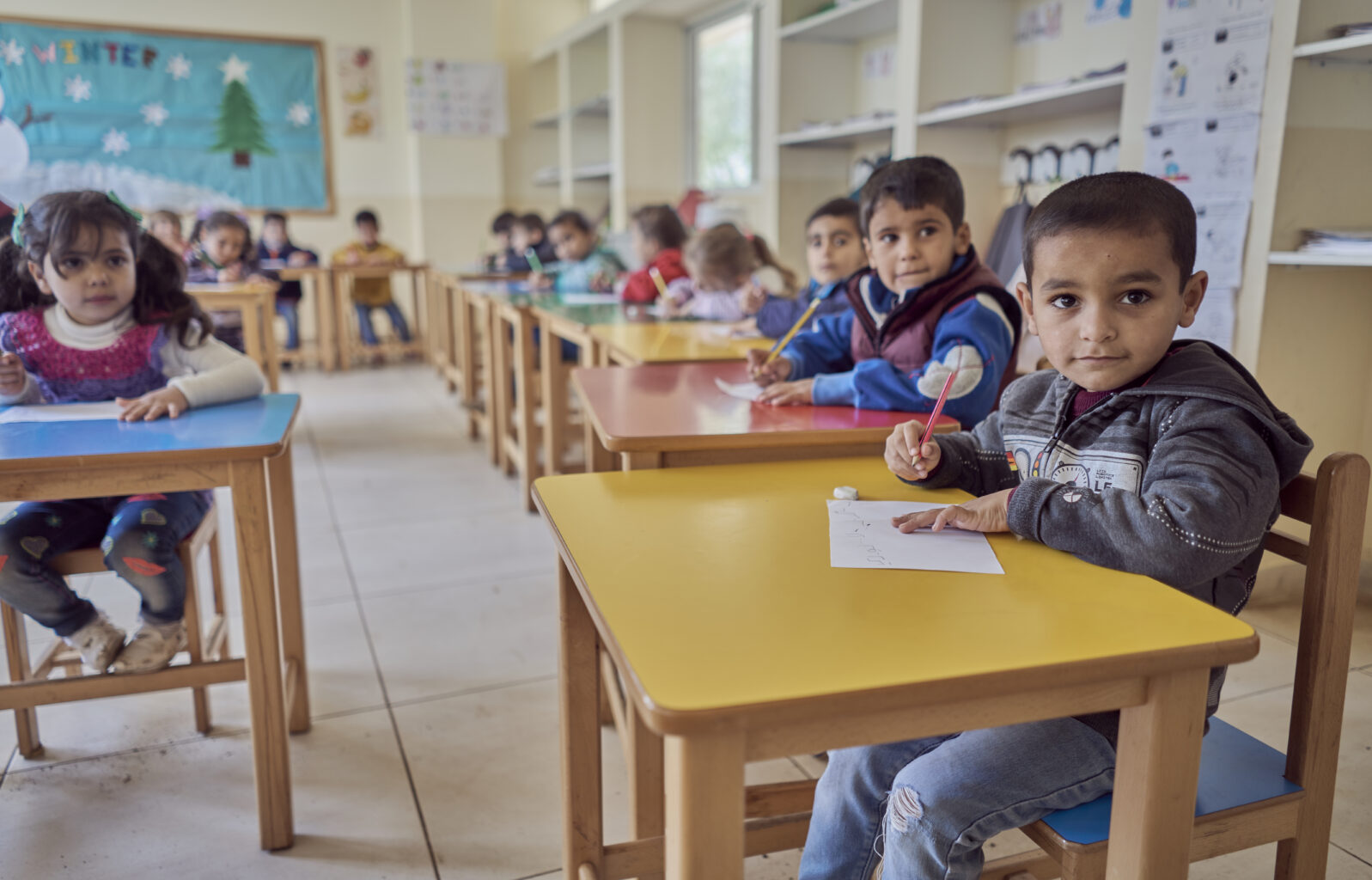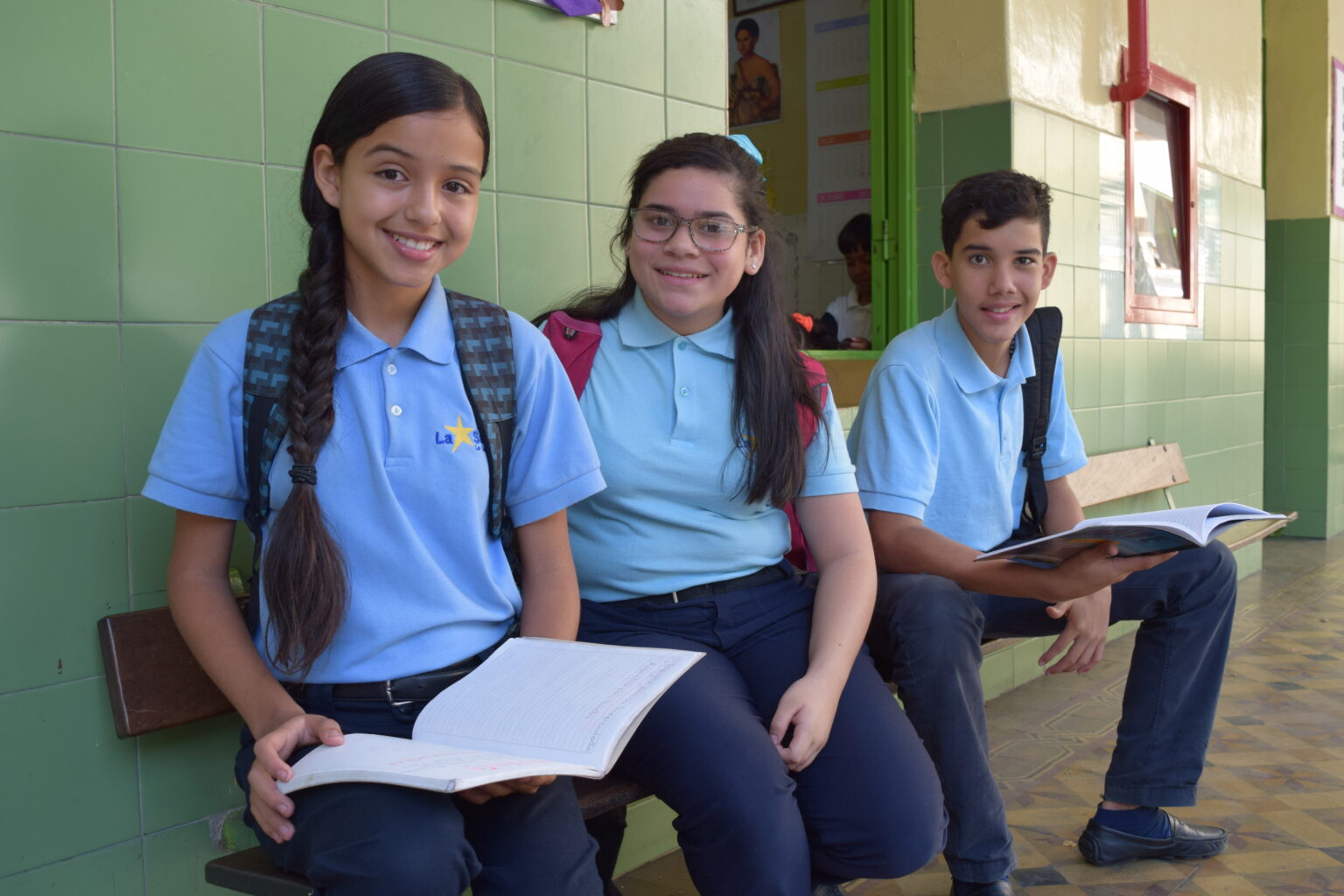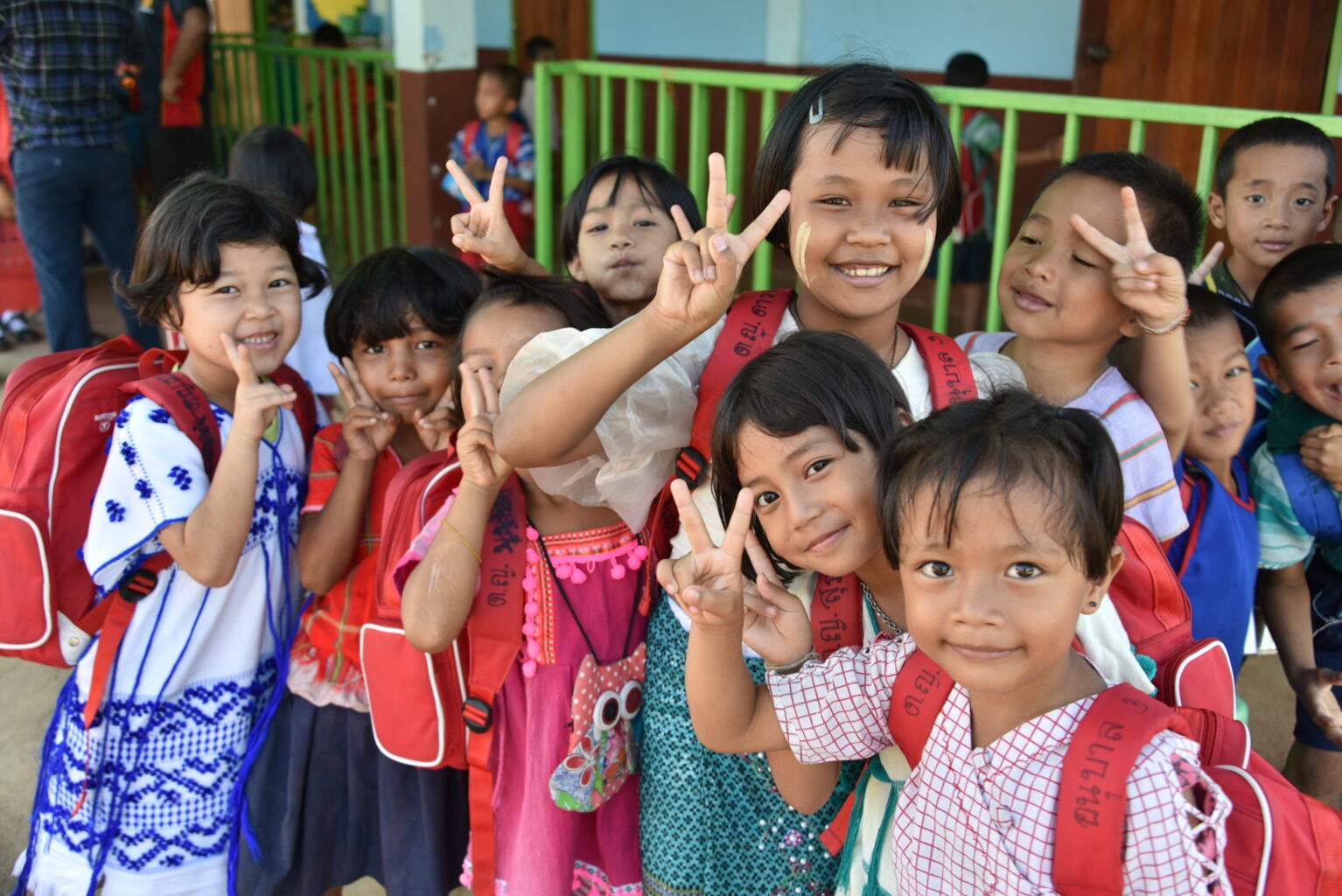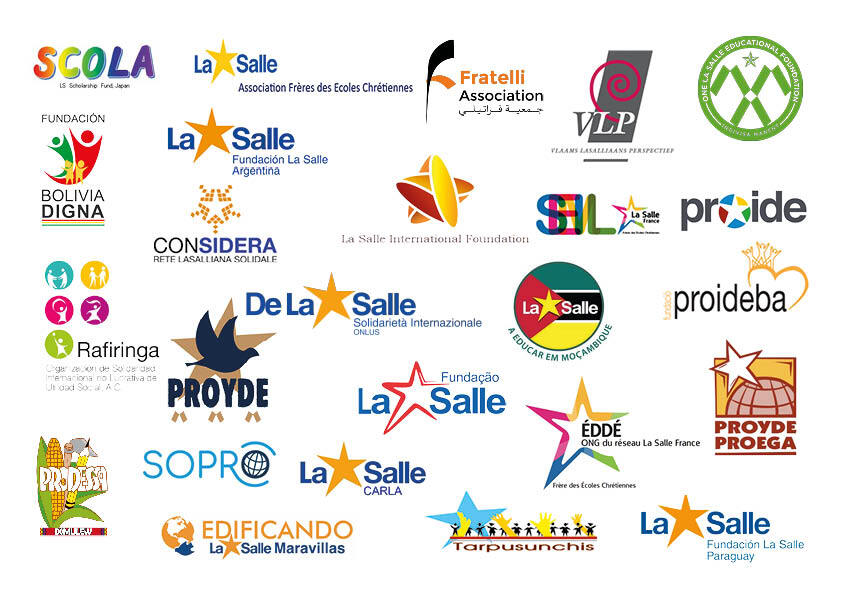
The three centuries that separate us from the birth of St. John Baptist De La Salle have been very rich. The proof of this is the continuity of his mission and the affirmation in different contexts of his spiritual heritage.

Today, the great De La Salle family is made up of more than 3,000 Brothers, who together with the 90,000 educators and lay collaborators assist in more than 1,100 educational works, in 80 countries more than 1 million pupils, including children, young people and adults.
The educational centers of the Lasallian Institute include all grades: kindergarten, primary education, middle schools, high schools, non-formal educational centers, vocational training centers and universities.
Half of these Lasallian students are at risk of social and educational exclusion in the most fragile countries and/or contexts on our planet. The spirit of the Mission, in fact, is to offer an educational opportunity to those who otherwise would not have access to education and to foster the inclusion of the most marginalized social groups, women and girls, and students with special needs, throughout the world.

Through its educational centers, the La Salle Institute listens to the needs of the realities in which it operates and responds with integrated and sustainable programs so that its schools become a driver of development for the whole community.
To make this possible, the Institute can count on the Secretariat of Solidarity and Development and an international network of Lasallian Non-Profit Organizations, which, in line with the United Nations’ Sustainable Development Goals, carry out projects of solidarity, cooperation for development and volunteerism to build a more equitable world,


The educational activity of the Lasallian Mission is carried out in different social sectors. The Institute has always been committed to education for the rights of children. In the year of international literacy (1990), UNESCO awarded the NOMA prize to Lasallian institutions. There is a collaboration with the Intercongregational Project “Solidarity with South Sudan” of the Union of Superiors General; the Institute is also among the founding members of BICE (Bureau International Catholique de l’Enfance).
